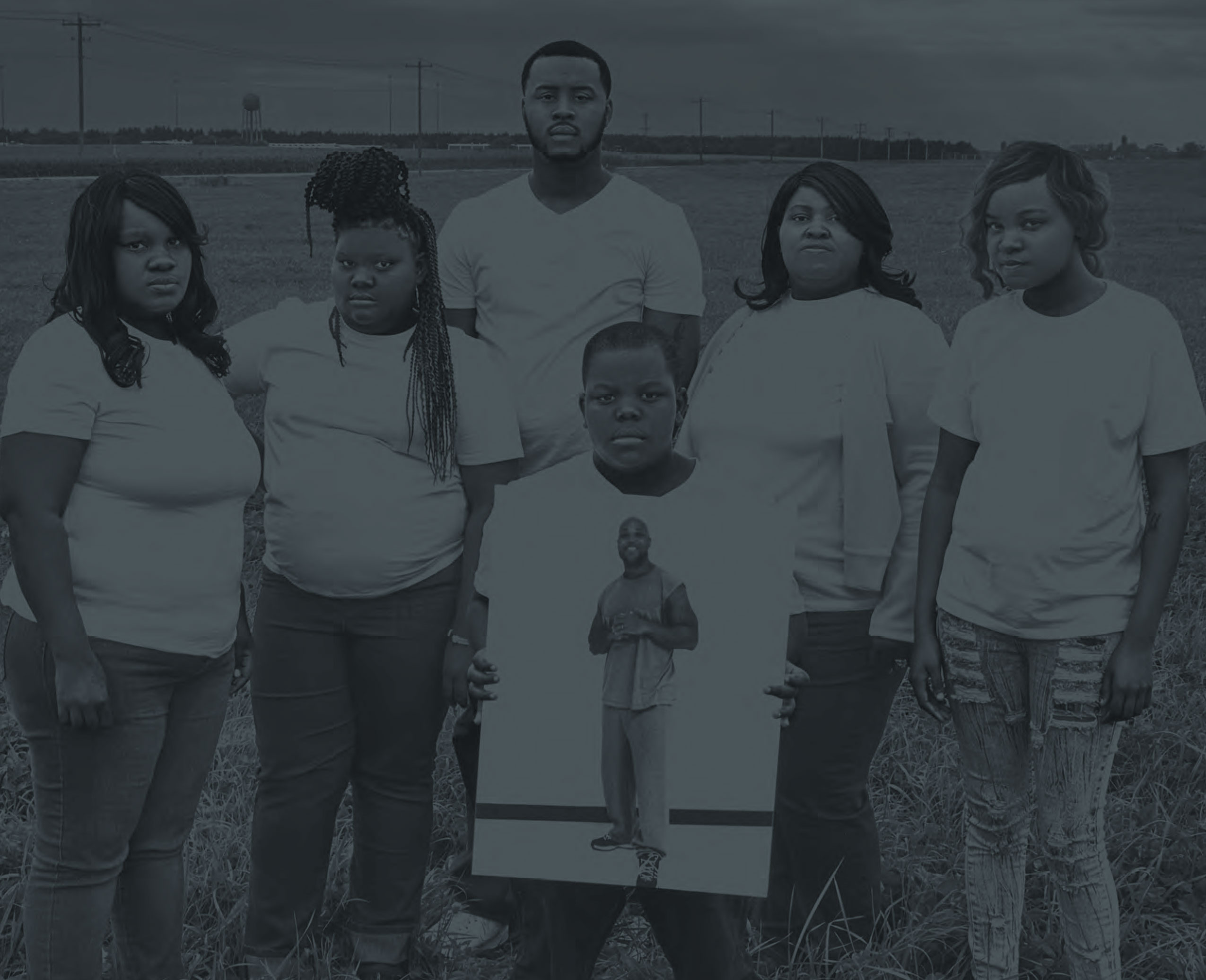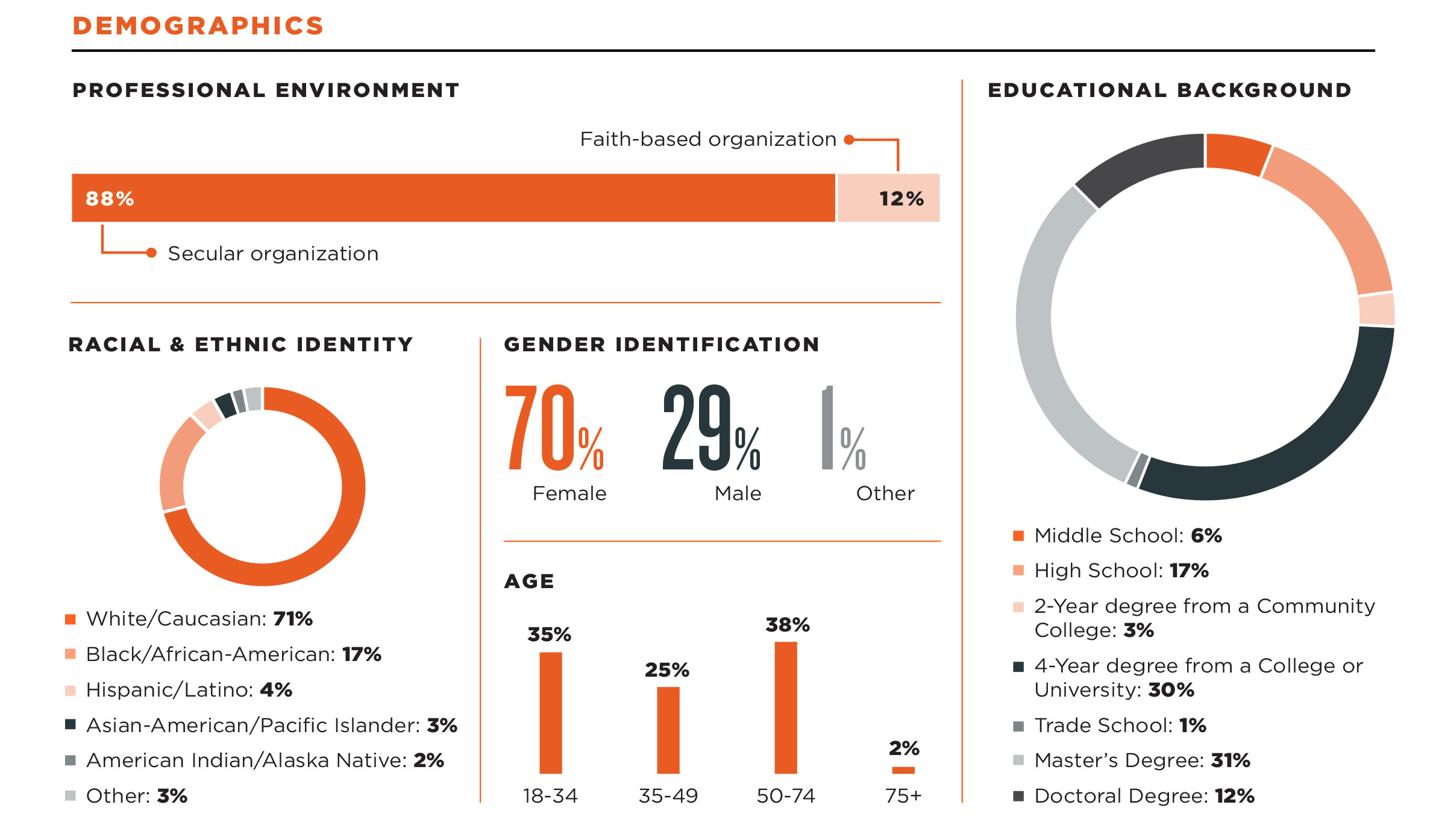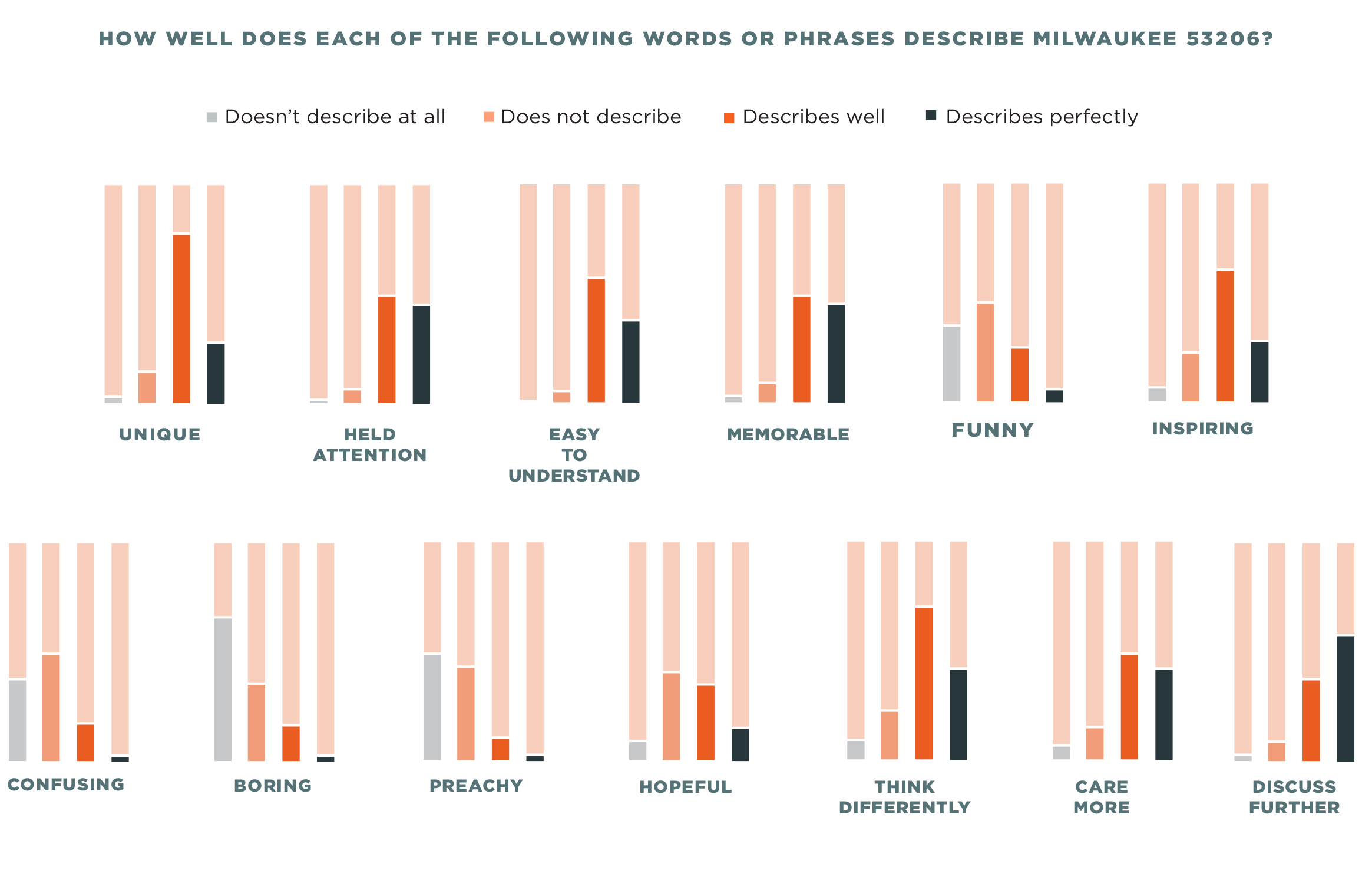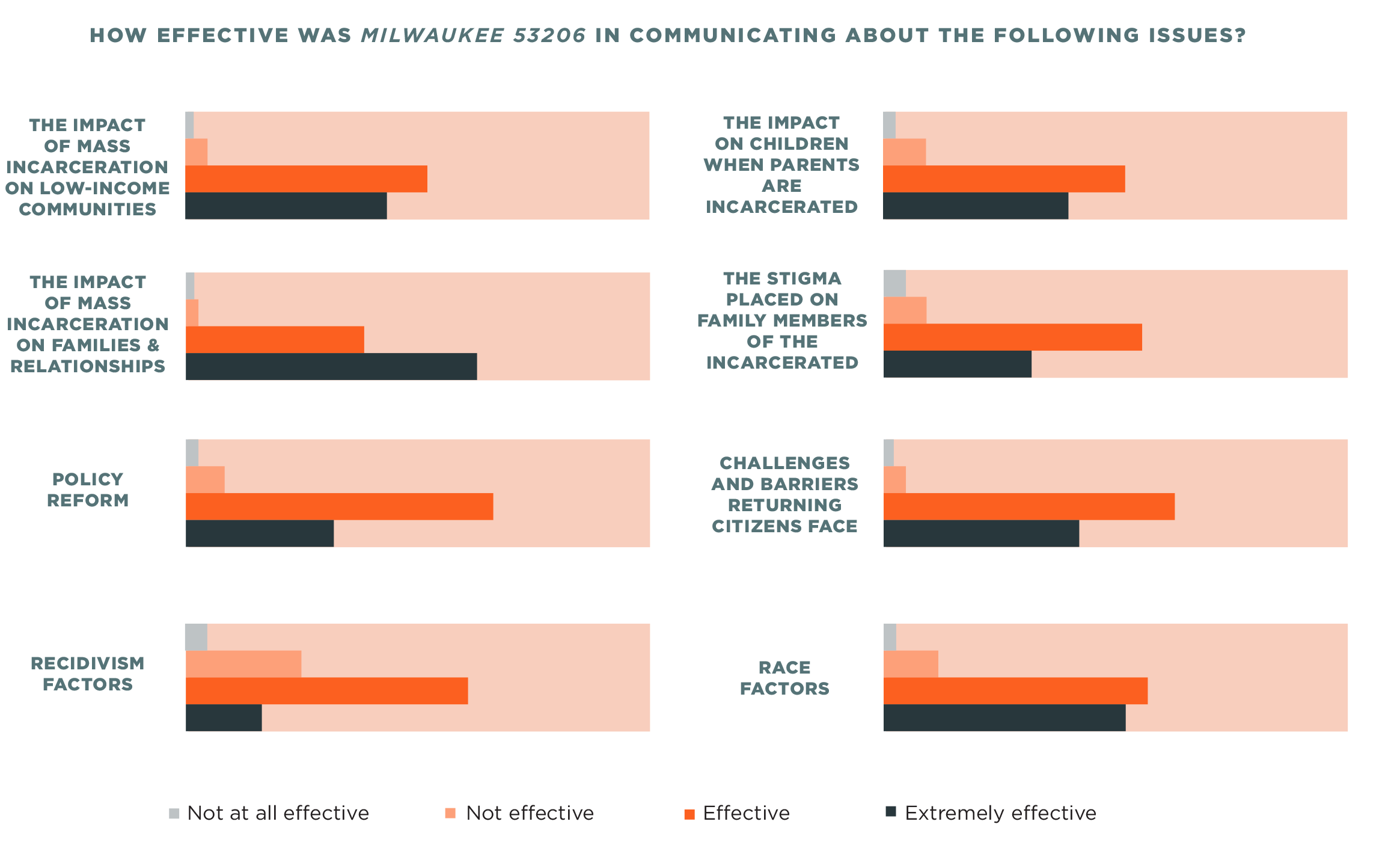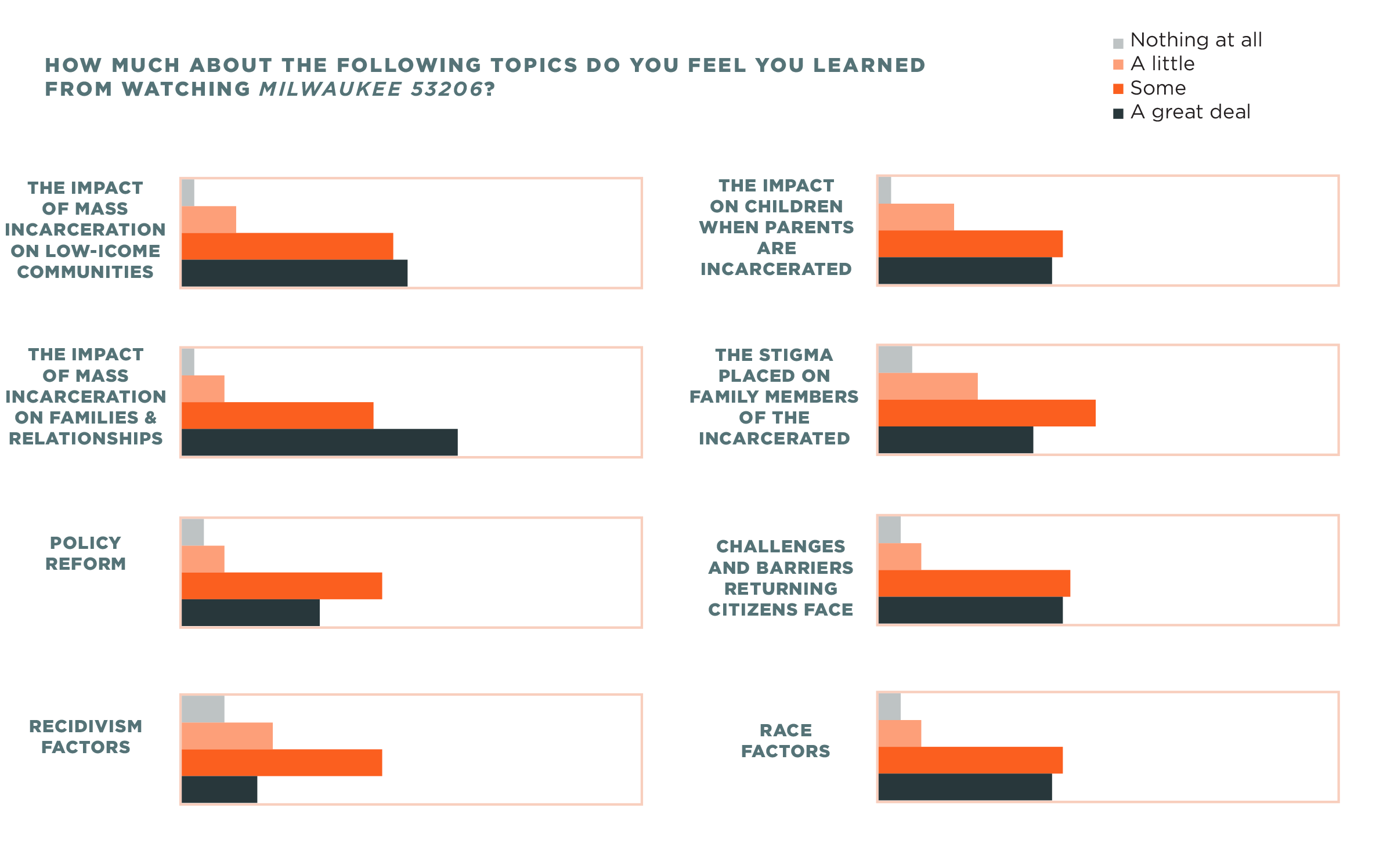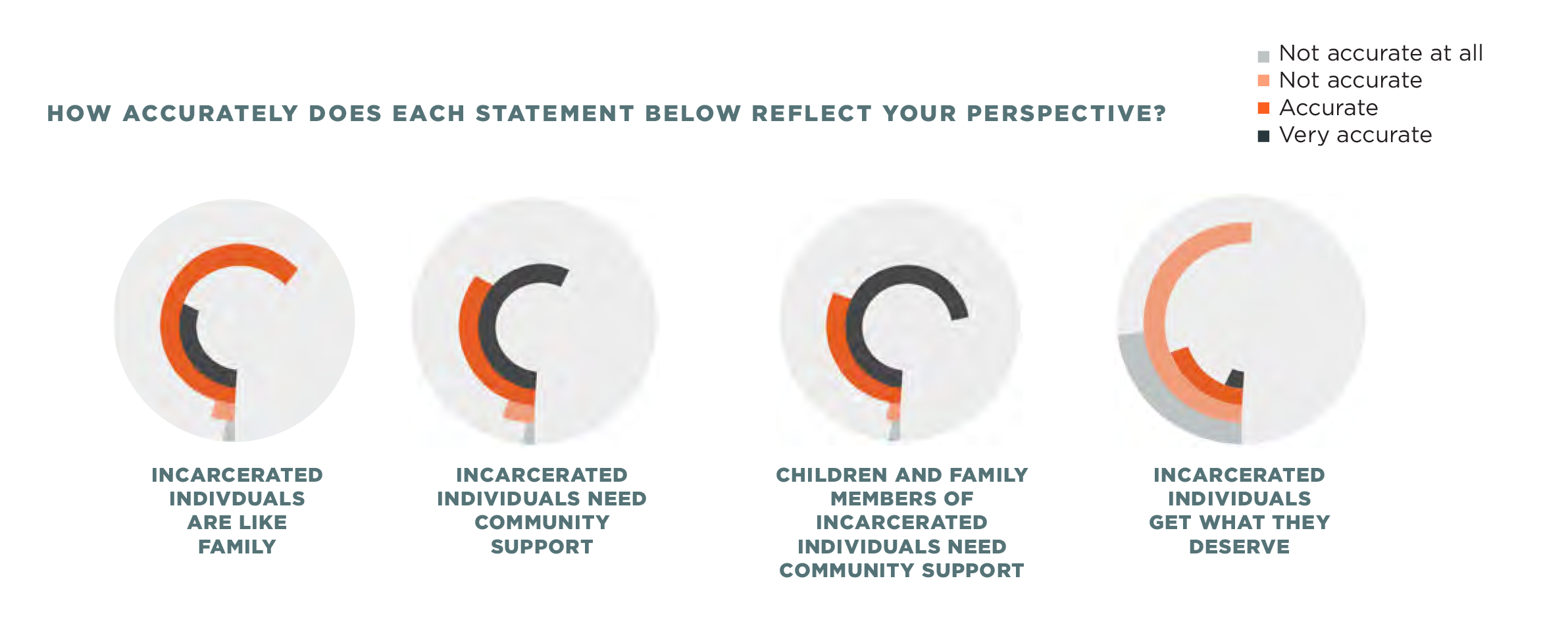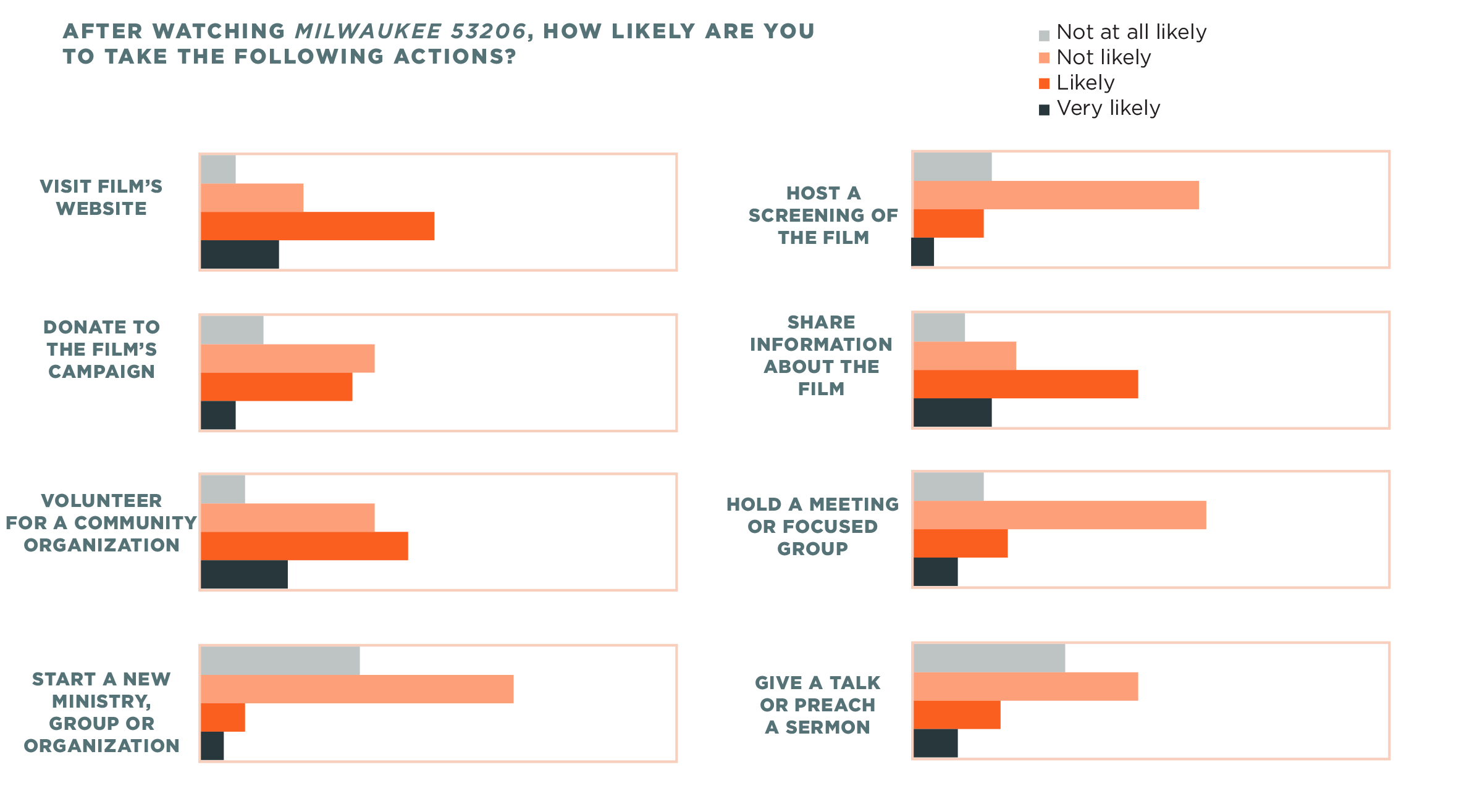TESTIMONIALS FROM COMMUNITY SCREENINGS
“Though MILWAUKEE 53206 takes place nearly 800 miles away, it resonated here in DC, where nearly 35,000 people (1 in 14 residents) have a criminal conviction in the past 10 years, and average time served increased 47 percent from 2007 to 2013.
Everything from Beverly’s story to Rev. Trulear’s comments to audience members’ personal reflections reinforced the importance—at the individual and societal levels—of remembering the humanity of justice-involved people and not allowing them to be dehumanized, nor their families shamed.
That means considering state-level reforms that eliminate problematic sentencing and corrections policies like Truth in Sentencing. It also means recognizing and finding solutions for the challenges people face reentering the community. Whether it’s making Medicaid enrollment a part of prerelease activities, preparing men to be responsible and engaged fathers when they’re back with their families, or identifying and elevating the most effective strategies to reduce recidivism, local policymakers can use both research and personal stories to take a comprehensive look at how best to ease reentry. But it doesn’t stop there. All kinds of local stakeholders have an important role to play in giving returning citizens their best chance in our community.”
ALANA MORRO, URBAN INSTITUTE
“We really enjoyed watching the film as we service a lot of scholars from 53206. When looking at our data, we also recognized that
the few scholars who have been expelled reside in the 53206 zip code. I believe this created a forum for discussion with our staff. Many of our staff members commented on the mother and how exhausted she must be. I am hopeful this will bring a new level of sensitivity and responsiveness to our community. Many of our teachers were speechless after the film. Very powerful and brings a continued sense of urgency.”
KASSY NEIMAN, LUMIN PILGRIM LUTHERAN SCHOOL
MILWAUKEE 53206 does an incredible job of putting a face to these tough to talk about issues. It really shows people the effects incarceration of an individual can have on a family, as well as the larger effects of incarcerating so many members of a specific community. I feel like we all have so much to learn about this issue.”
KAHYLA PEREZ, OUTREACH COORDINATOR, ST. LUKE’S LUTHERAN CHURCH
“After the viewing of MILWAUKEE 53206 Dr. Mary Roberson led a discussion about the documentary. She used the guidebook for a number of questions and made a point of involving the students throughout the discussion.
The discussion was lively, very emotional at times and allowed several ‘returning citizens’ in the audience to share their personal stories. We addressed ‘white privilege’ as a minority of whites were in the audience. The discussion was extremely professional, educational and respectful to all present.
At the end of the discussion, the Coalition invited the audience (including students) to join this amazing organization. There was also some discussion about several current legislative bills and issues in Illinois, and the importance of voting for those who strongly oppose the current system and mass incarceration.”
LORI MOSS, COALITION TO REDUCE RECIDIVISM
“Our social work intern and I just finished watching (MKE 53206). While I knew the theme of the film, our intern did not. She was sobbing by the end of the film. We both agreed that it was awesome and I wanted to tell you immediately how much we both love it. We are anxious to show it to our family members (of the incarcerated) next week – it so speaks to their lived experiences,
The film is an invaluable resource and needs to be shared across the nation including schools; churches, police forces, social service agencies and the list could go on and on. When one person is incarcerated, it affects the whole community.
There is no one that remains untouched by mass incarceration. Thank you to the team that made the film and to the families and professionals who shared their reality – uncut with full emotion. The film really resonates with our work and we are honored to screen it.”
SOFFIYAH ELIJAH, ALLIANCE OF FAMILIES FOR JUSTICE
“As I have continued to listen, read, and to learn about the complex issues surrounding mass incarceration, I have found myself not only sharing the stories of others that I have encountered through this work, but sharing the stories of close friends who have experienced the effects of racial profiling in our community, in order to help others to connect to the issues. Through the sharing of stories, others have begun to openly share their experiences, reflections, and sometimes even their despair over what they are able to actually do in the face of such a daunting system. In these moments of personal sharing, we are able to connect our values and to experience a shared understanding of what is happening, so that many are coming to the realization that they can no longer be complicit spectators, but they can and must take whatever actions they are able to take within their particular context and sphere of influence.
I am witnessing how the realization of our power to effect change in our society is brought about through such storytelling. My own mother and father have continued to learn more about the issues surrounding mass incarceration in our country as a result of such moments of sharing. When I think about how their sharing about what they are learning may affect many of their friends and co-workers, I am hopeful that our society can put an end to the sin of mass incarceration through such manifestations of public narrative.”
MELANIE SNYDER, LANCASTER THEOLOGICAL SEMINARY

